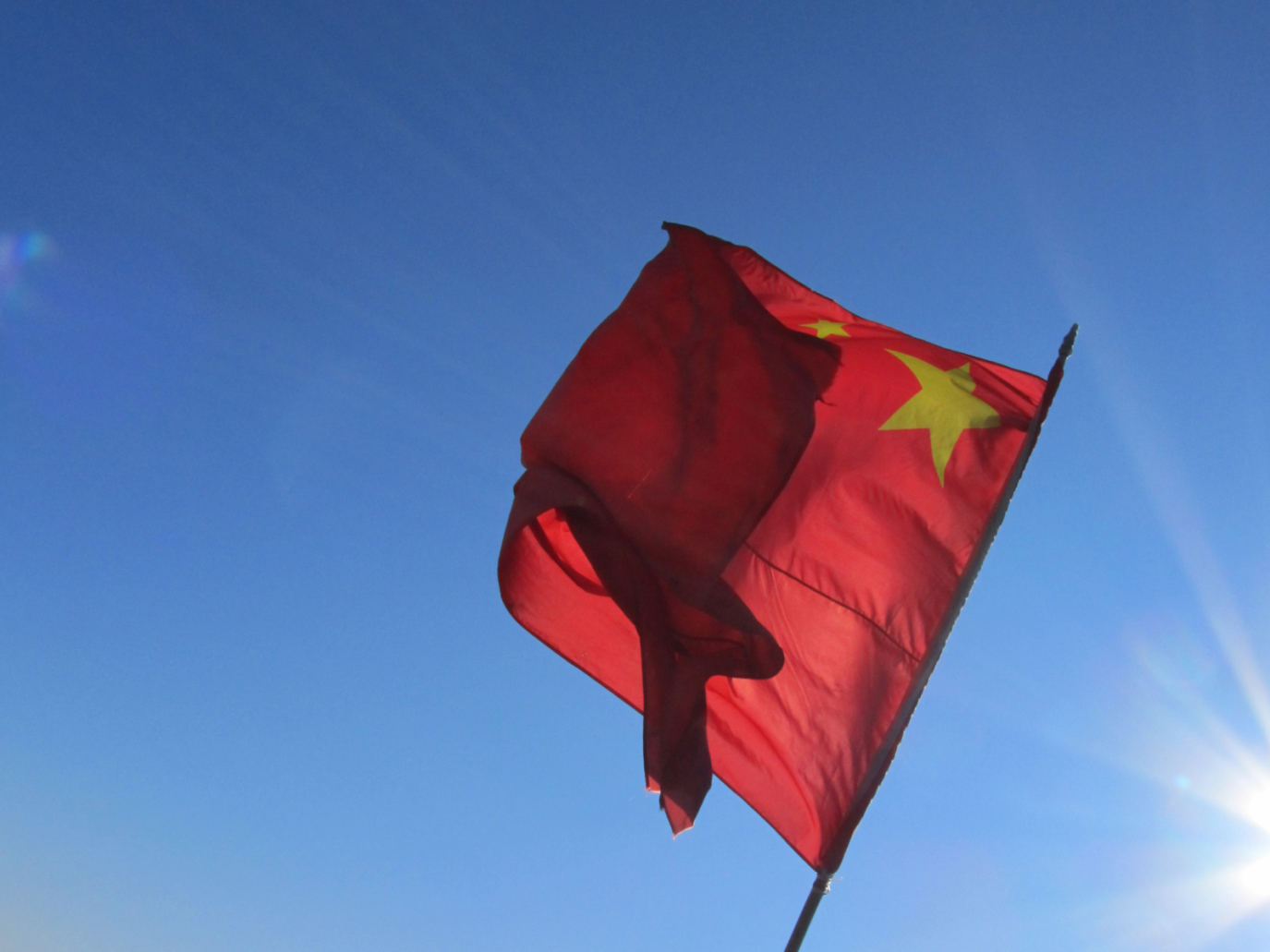“Further deepening the broad effort on reforms and promoting Chinese-style modernization.” All by 2029, the year in which the People's Republic will celebrate its 80th anniversary. This was how the Third Plenum of the 20th Congress of the Chinese Communist Party, held in Beijing July 15-18, ended without any major surprises.
The concluding statement, released on July 18 by Xinhua, the government's official press agency, reaffirms, as expected, the focus on the goals already emerged last March during the Two Sessions: quality development, new productive forces and a general modernization (starting with education) that nevertheless maintains a clear socialist mold.
What is interesting, and if anything even unprecedented, however, is the timing. First of all, the Third Plenum, which was supposed to be held in fall 2023, has been postponed until this summer. According to many analysts, this could be a sign of divergence within the party: President Xi Jinping felt an urgency to regain charge, which he did in his speech to delegates, calling for “unwavering support” for his reform plan. And then there is that “2029”: a specific deadline for the completion of the reforms, which coincides with a symbolic date for Chinese history and, more importantly, implies that Xi has every intention of remaining in command for his fourth term.
Finally, throughout the lengthy and somewhat foggy press release there is always talk of long-term goals, without going into too much detail and glossing over the elephant in the room at this plenary: the country's current economic slowdown, which in the first half of this year saw growth of +4.7 percent against an expected (announced in March) +5 percent.
What is the Third Plenum of the Chinese Communist Party
The Third Plenum is generally one of the most important political appointments to understand the direction China's economy will take in the years to come. The CCP Politburo and its central committee usually summon seven plenums every five years. While the First and Second Plenums are devoted to political nominations and renewal of government bodies, the Third Plenum focuses on significant policies and reforms for the country. For example, the 1978 Third Plenum served to steer China from the disasters of the Cultural Revolution to Deng Xiaoping's economic reform.
But if in the past – as Chatham House analyst Yu Jie notes – these plenaries had aimed at a gradual liberalization of the market and a reduction in government intervention, this year there is instead a move toward greater central control. The aim, as the press release states, is to optimize the allocation of resources in sectors considered strategic and in innovation. A centralization summarized by the slogan “new national system,” with an emphasis that, Yu Jie points out, lies on geopolitics rather than economics: “If the worsening relationship with the West has already jeopardized China's future market access and technological innovation, the national system is then Beijing's recipe for acquiring technologies by pooling all available national resources to support the domestic technological breakthrough.”
A list of priorities for the next decade
Let's finally take a look at the list of goals to be achieved in the next decade. “By 2035,” we read at the beginning of the statement, “we will have completed the establishment of a high-standard socialist market economy, further improved a system of socialism with Chinese characteristics, generally modernized our system and governance capacity, and in essence achieved socialist modernization.”
In short, the priorities already enunciated during the Two Sessions in March and which have become Xi Jinping's mantra in recent years are reaffirmed: modernization and high-quality development. Two all-encompassing demands, affecting every level of the Chinese economy and society, from education to scientific research, from industrial to market innovation. And which all merge into what is Beijing's latest catchphrase, namely the “new productive forces” (xin sheng chanli). These are (as we have explained here) various emerging sectors and “future-oriented” industries, such as digital, AI, aerospace, smart vehicles, hydrogen or quantum technologies, which in Xi's intentions should offset the increasingly failing traditional drivers of China's economy (manufacturing and real estate/construction), leading the country to the much-coveted “technological self-sufficiency.”
To achieve this, as mentioned above, government intervention with greater control over resource allocation will be required, but also market rejuvenation, both domestic and foreign. And there's talk here of an unspecified reform of markets, and an “opening up” to the world and cooperation, to be activated actually mainly through the channels of the Belt and Road Initiative. That said, the staples of internal security and defense remain, and invariably China's absolute independence in its foreign policy is reiterated.
The green economy chapter and the construction of the much-sponsored “Beautiful China” (Meili Zhongguo) is then addressed in a quick paragraph, which hints (but without data or targets) at cutting carbon emissions, reducing pollution, and ecological conservation.
The domestic crisis is also addressed very briefly, with mention of two huge issues. The first is the issue of rural depopulation, a trend that has actually been going on for quite some time. The document states that “the integration of urban and rural development is indispensable for China's modernization,” and therefore commits itself to “promoting equitable exchanges and two-way production flows between cities and the countryside,” to reduce disparities between territories, support farmers and reform the land system.
The other issue, already highlighted in March by Prime Minister Li Qiang during the Two Sessions, concerns the derisking of the real estate sector and local government debt. For this issue, they promise to “implement various measures,” along with other initiatives to control and prevent the risk of natural and climate disasters.
Unanswered questions
All things considered, the Third Plenum's final statement doesn't say anything new and doesn't answer the questions that most concern the Chinese general public and the world of industry and investors. First of all, it is unclear how Xi Jinping really plans to reinvigorate Chinese consumer confidence and grow the domestic market, given that the foreign market is suffering, and will presumably continue to suffer, from the protectionist policies of the United States and the European Union anyway.
Moreover, the very serious problem of youth unemployment, which has now crossed the critical threshold of 20 percent, is not addressed. There is, admittedly, a lot of talk about high-level education, science and technology training. But, as Yu Jie further notes, it is unclear whether “such a technological breakthrough can have the effect of generating more jobs for ordinary young people and families burdened by difficult labor markets and unreasonably high real estate prices.”
And finally, the fine wording and slogans that came out of this Third Plenum do not answer the question that gave the title, last month, to a thought-provoking editorial in Foreign Policy: Why Isn't Xi Fixing China's Economy?
This article is also available in Italian / Questo articolo è disponibile anche in italiano
Cover image: © Giorgia Marino



